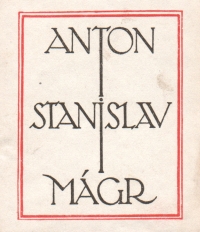History of the Slavonic Library
|
In 1924 the Library was founded by the Ministry of Foreign Affairs under the name, ”The Russian Library of the Ministry of Foreign Affairs.” It was founded as part of the so-called ”Russian Action” of the Czechoslovak government initiated by the President T. G. Masaryk. The ”Russian Action” was an unparalleled humanitarian program for Russian immigrants, establishing schools, institutions, and organizations to provide social and cultural aid for the refugees. They could continue in their studies, conduct academic research and begin to educate the next generation. |
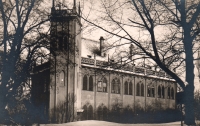 |
|
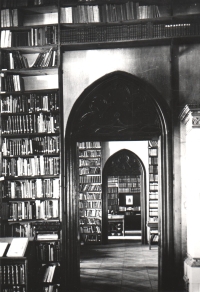 |
In 1927 the Library began to acquire literature from other Slavonic nations, and the name of the Library was changed to ”Slovanská knihovna ministerstva zahraničí” [The Slavonic Library of the Ministry of Foreign Affairs]. Since the Library was still owned by the Ministry of Foreign Affairs, it was able to accumulate a remarkable collection of books and periodicals from 12 countries and establish an international book exchange. Duplicate items were transformed into the exchange collection and the first lists of these books were published. The exchange during the 1920’s was a great success, documented by the following figures: in 1928 the library maintained contacts with 284 entities, including academic institutions, researchers, libraries, and publishers from 150 cities and towns in 26 countries. The largest expansion was recorded between 1925 and 1929, when the largest annual growth reached 50,000, the lowest 14,000 volumes. Technical and medical texts as well books on the natural sciences were not collected. From the beginning the library focused only on historical and philological studies. The available space at the Summer Palace in Královská obora soon was inadequate to hold the growing collection, and the Library was offered a place in the Klementinum by the Ministry of Education and National Enlightenment. The Slavonic Library moved there in 1929. On December 31, 1938, the Library’s administration became independent of the Ministry of Foreign Affairs. |
|
|
In February 1942, the Library was taken over by the German administration and merged with the Land and University Library. World War II was a difficult period for the Library, its collection remained in tact. |
||
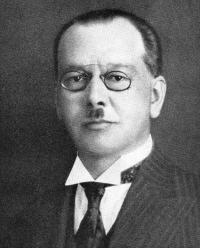 |
After the war, in the first half of the 1950’s the Library was compromised by unrelated Soviet. literature, but by 1956 the Library slowly began to return to its original mission and revived its original scheme of acquisition that was put in place prior to World War II. It also re-kindled the international cooperation and exchange that had been disrupted after the war. In 1958 the Slavonic Library was incorporated as an autonomous section of the State (today National Library. Since its foundation the Library has focused on compiling and publishing Slavistic bibliographies and bibliographic handbooks. These activities intensified substantially after 1973 when the International Committee of Slavists appointed the Library as the scientific and bibliographic centre of Slavistics. The Library became the responsible institution for the work of the Bibliographic Commission of the Committee. |
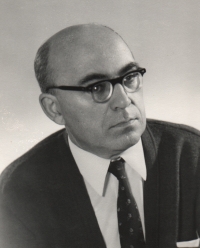 |
|
With the social and political changes of 1989, the academic activities of the library in world Slavistics were fully revived, and former ties with the western Slavistics centres were renewed. The Slavonic Library once gain began to carry out its original mission and renew acquisition and free public use.
In 2024, the Slavonic Library celebrated its centenary. |
||
|
|
||

